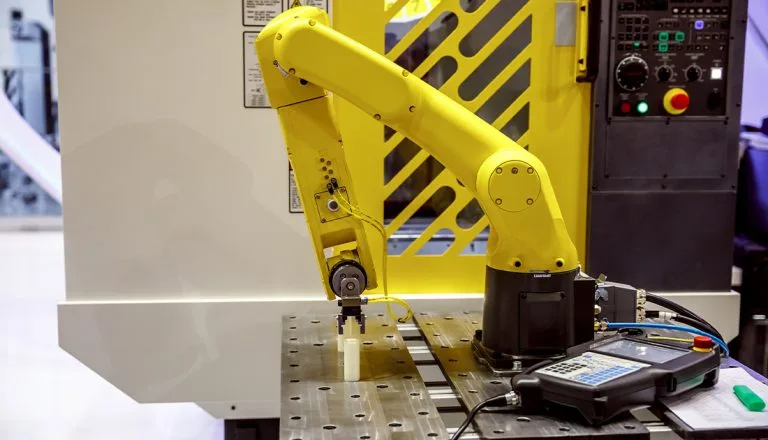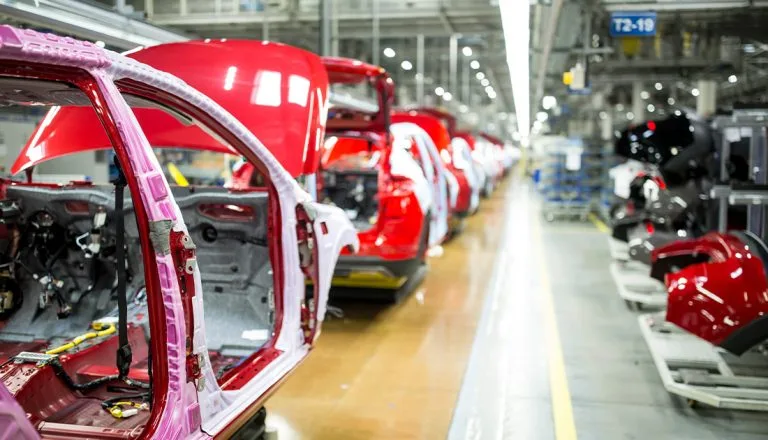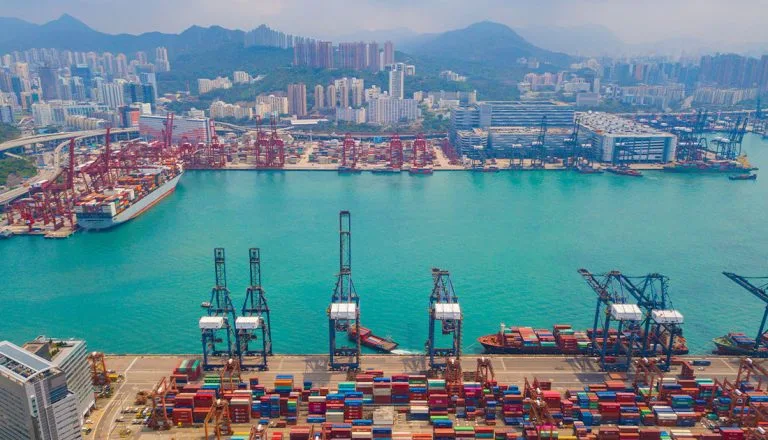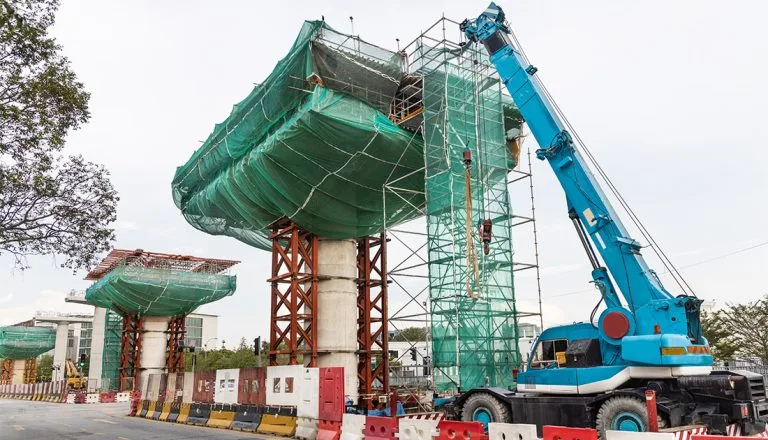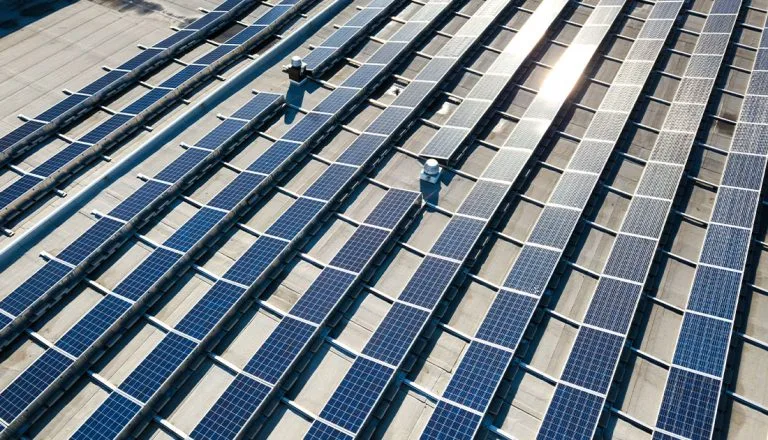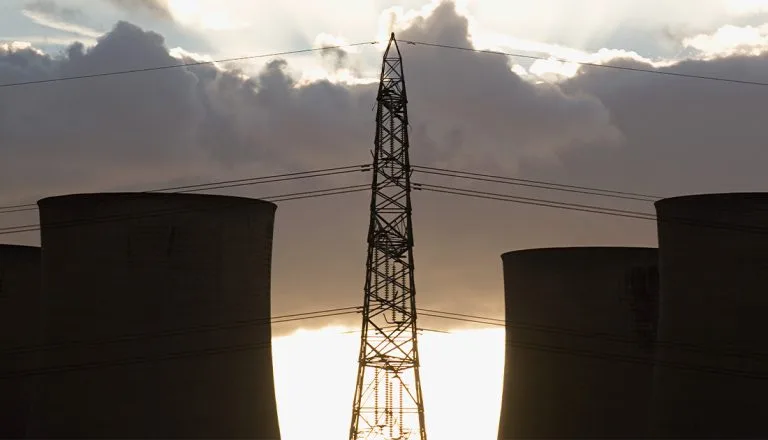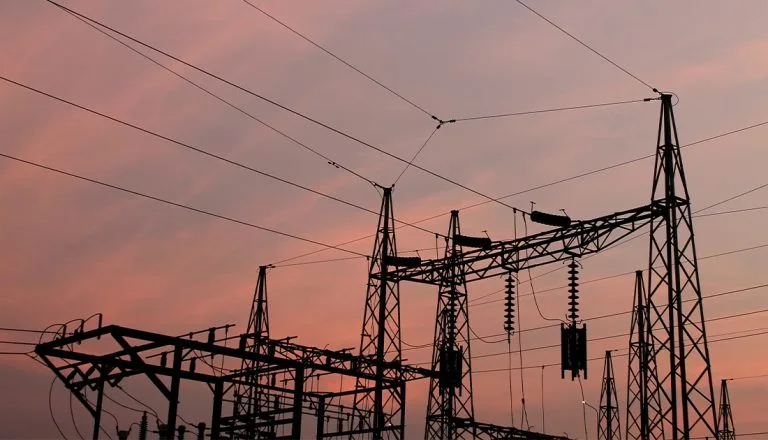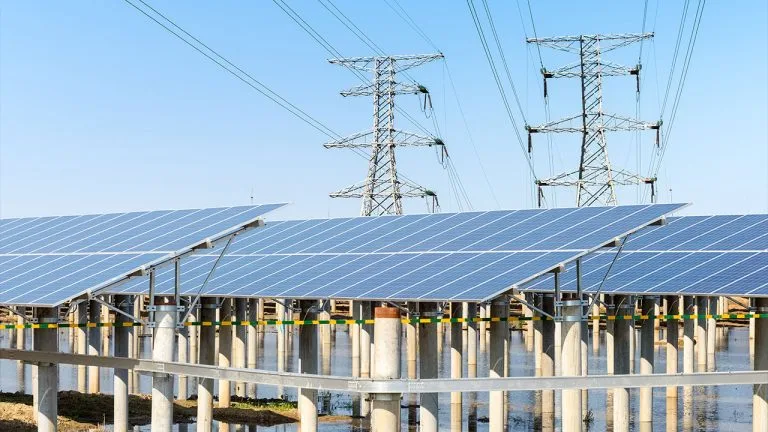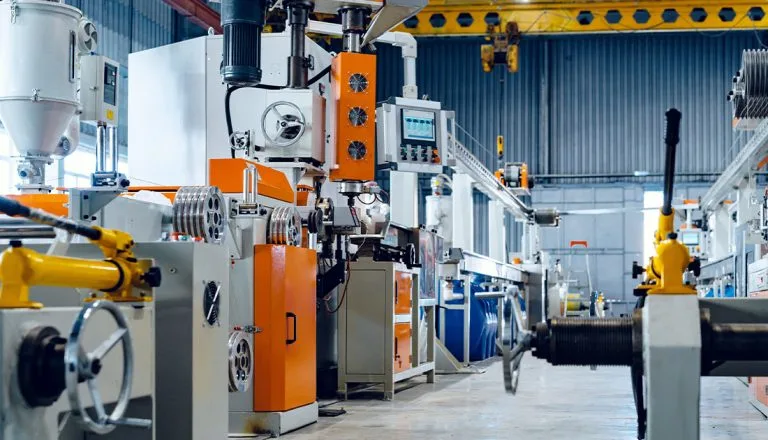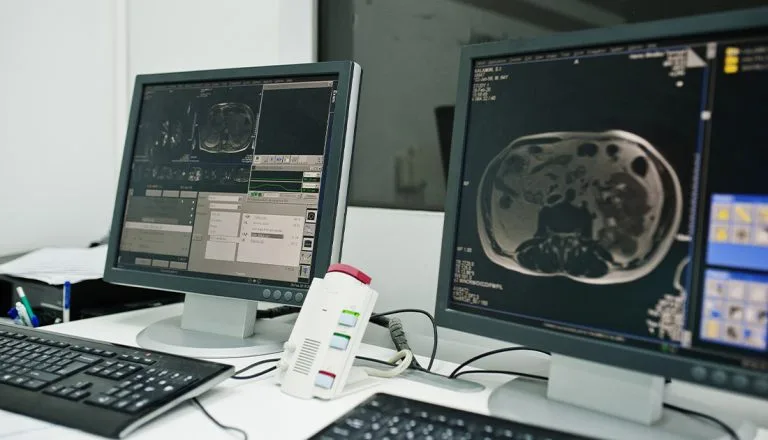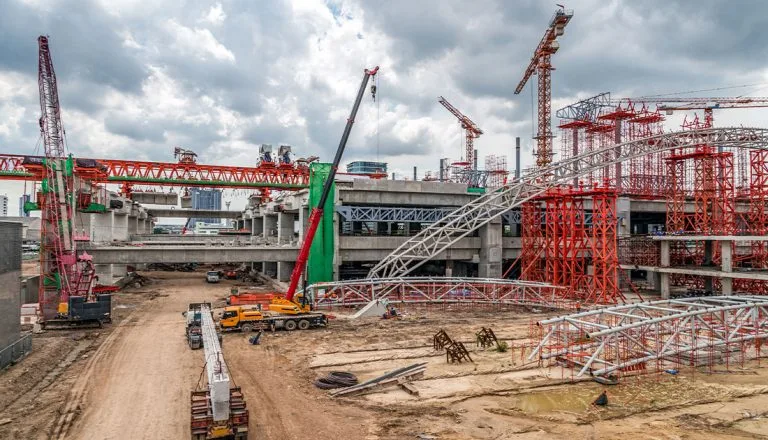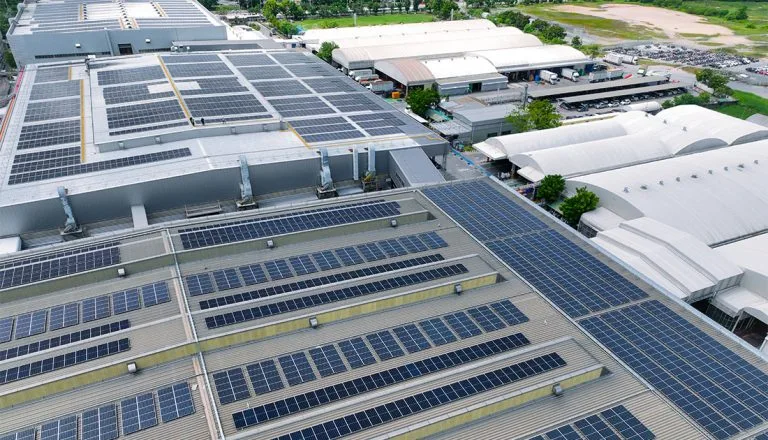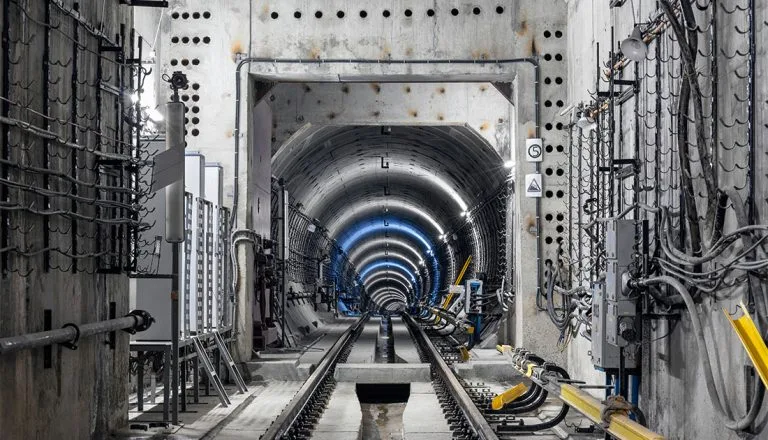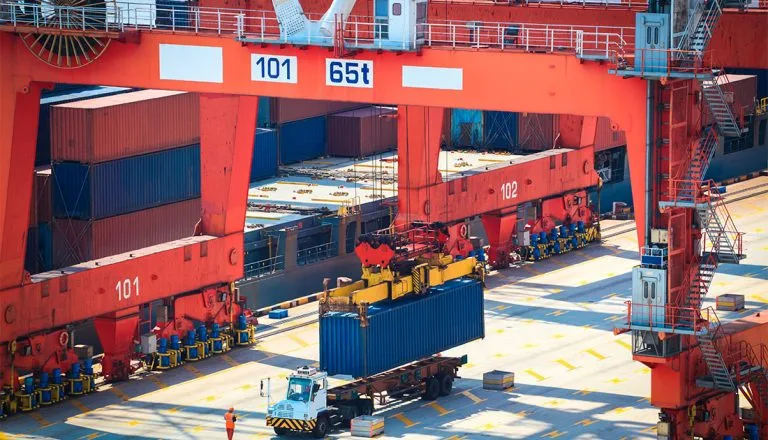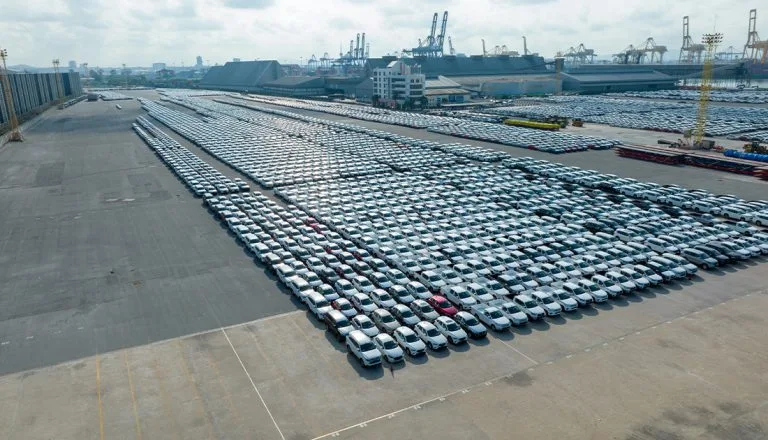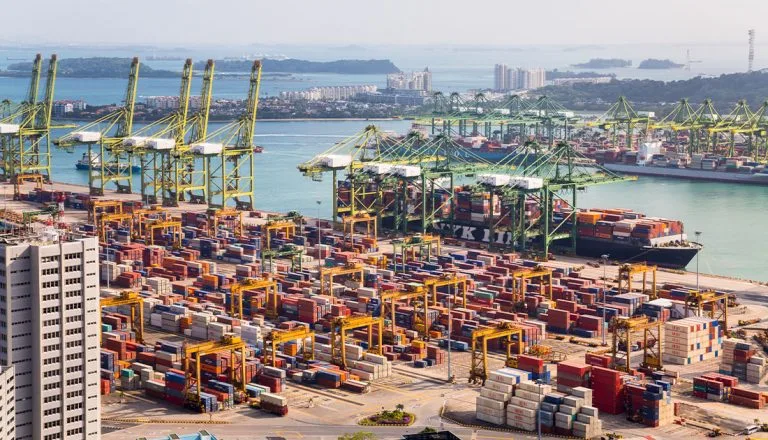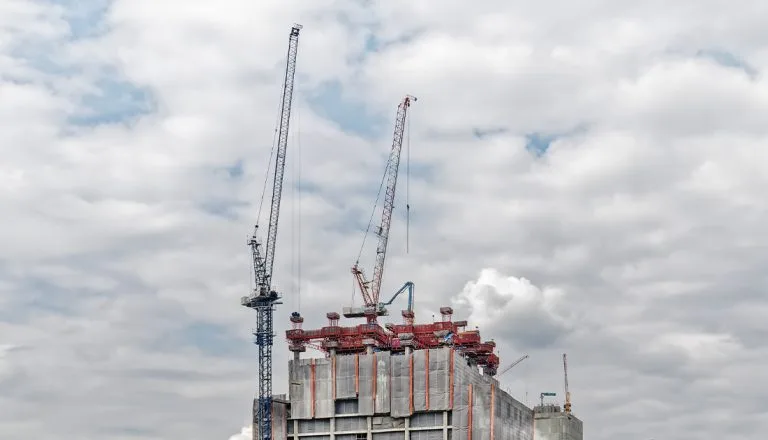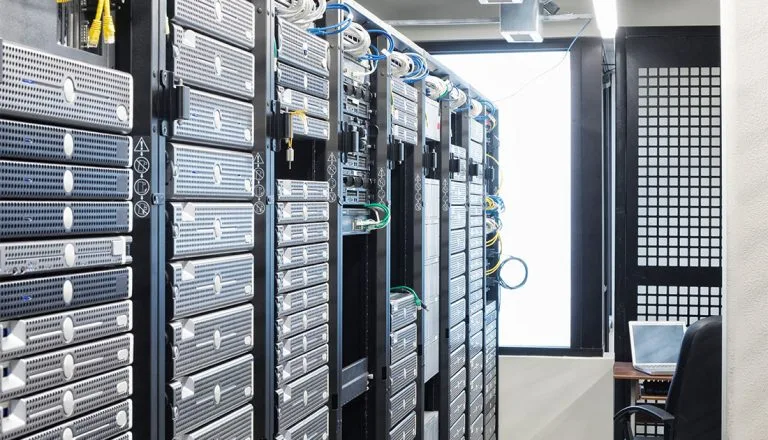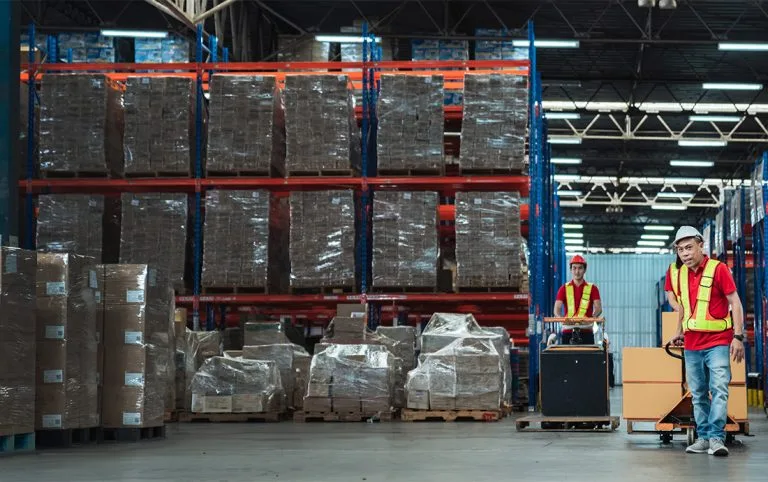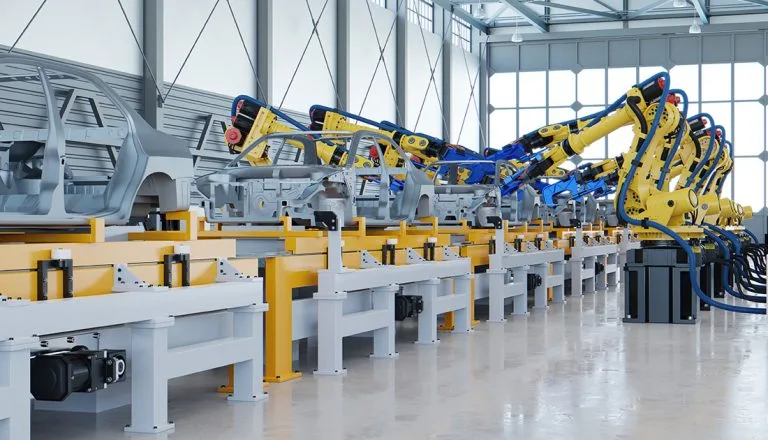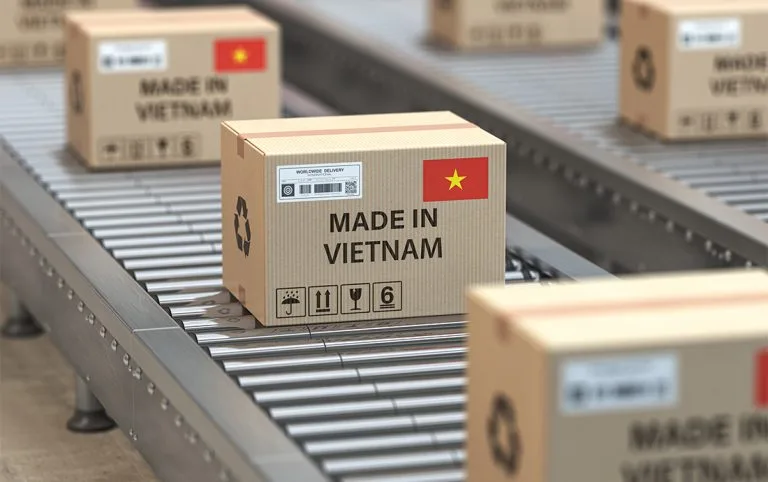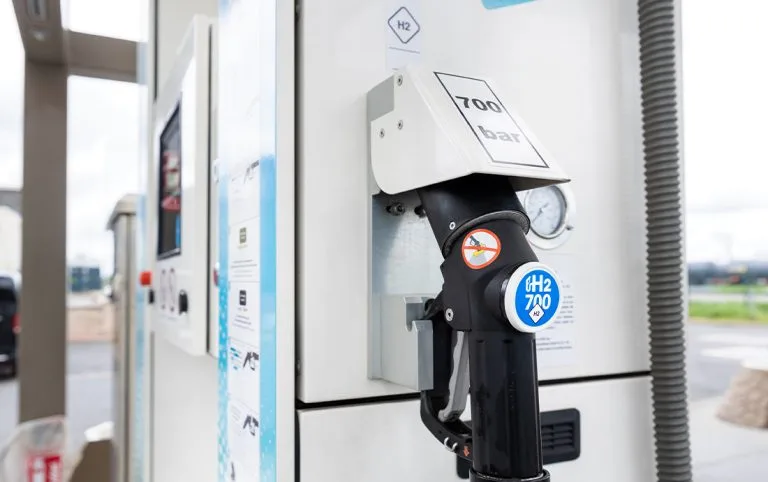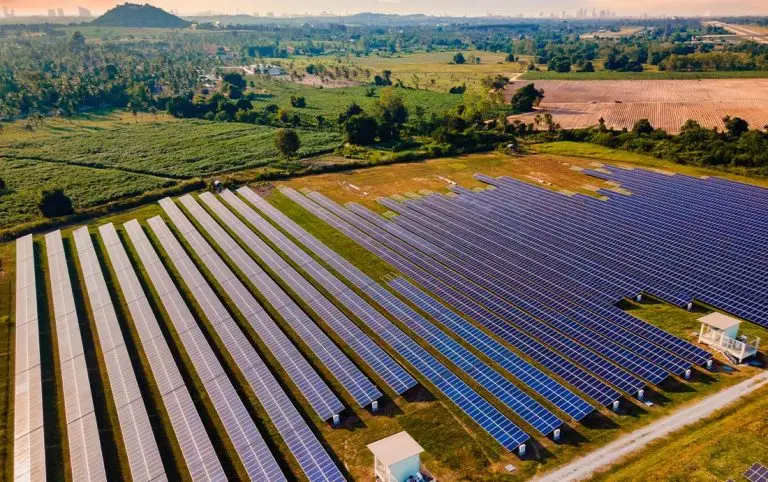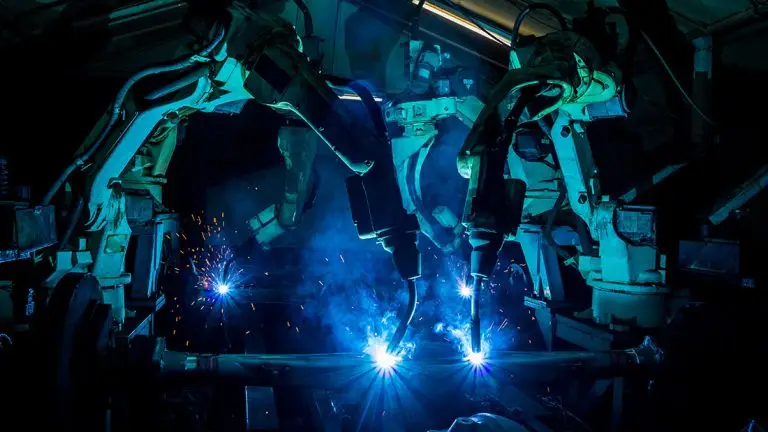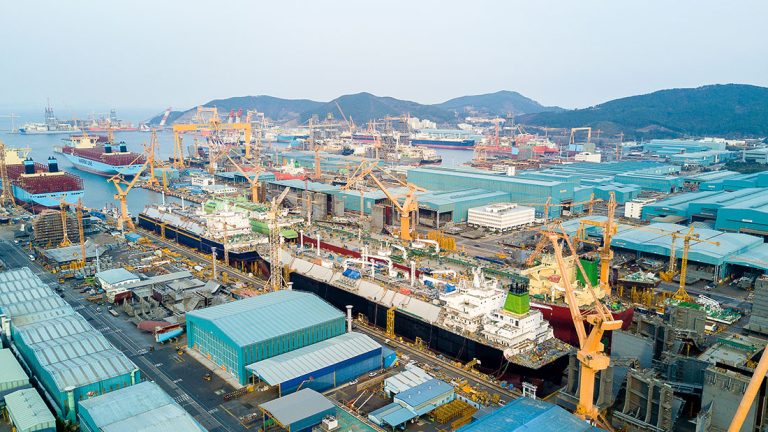- The industrial automation market in China is driven by the country’s desire to further move away from being a low-cost manufacturer and cultivate local companies to become global players in the segment
- Several overseas companies are active and successful in the sector and many opportunities remain
- Electronics, automotive, and oil and gas are a few of the other industries seeking industrial automation solutions
The industrial automation market in China will be crucial if manufacturing is to make the transformations necessary to remain competitive globally. Progress has been made with foreign and domestic firms recording success. However, the sector remains fragmented and there is still a considerable demand for innovations. Asian Insiders Partner in China, Veli-Antti Ruismaki, offers an overview of the opportunities currently available.
China has long harboured a desire to move away from low-cost manufacturing and become an advanced industrial technology hub. Doing this will require greater industrial automation. The factory automation and industrial controls market is already large with Mordor Intelligence estimating it will be valued at nearly USD 150 billion this year. Significant growth is expected, and the market could reach upwards of USD 250 billion by 2029.
The importance automation could have on China’s manufacturing segment is massive. The country now has more than six million manufacturing firms as of August 2024 with the sector accounting for more than 31 percent of global output.
In terms of automation, the robotics sector is the world’s largest with both domestic and international companies active in the space. It is generally believed that China has the largest adoption of industrial robots, although the actual size is unknown. There have been reports of numbers being inflated by firms trying to secure government subsidies.
Robots are just one piece of the puzzle in terms of industrial automation. Intelligent manufacturing solutions, distributed control systems, lifecycle management technology, and various field devices are in demand as well.
These products are required for the country to elevate manufacturing quality, meet environmental regulations, and ensure the sector remains competitive at the global level. Some domestic advancements have been made on this front, but further innovations from overseas businesses are sought constantly.
Other opportunities in China
Manufacturing is only one area where industrial automation is expected to have a growing impact in China. Additional sectors are now looking at how it can improve operations. With this in mind, here are a few of the other opportunities available.
Automotive
With China the global leader in electric vehicle (EV) production and continuing to build up the country’s EV infrastructure, automation is used in this industry to overcome labour challenges, reduce assembly errors, and improve safety.
Electronics
Industrial automation capable of handling the complex circuit packaging and fabrication processes of semiconductor production is a pressing need. China continues exploring ways to close the gap in the commercial manufacturing of advanced logic chips.
Oil & Gas
Automation opportunities can be found both upstream and downstream in China’s oil and gas sector.
These are a few industries where industrial automation is being adopted. Energy, logistics, and aerospace are some of the other major sectors searching for innovations.
Industrial automation market in China welcomes foreign firms
A number of overseas companies have found success entering the industrial automation market in China. In fact, many leaders in the space are foreign firms. France’s Schneider Electric and American outfits Honeywell and Emerson Electric have been active in the country for some time now.
Earlier this year, another US company, Rockwell Automation, announced it was expanding efforts in China due to increasing demand for industrial automation technologies from domestic businesses.
Swedish–Swiss multinational corporation ABB opened a USD 150 million flexible robotics factory in Shanghai that has also been fully automated by using the company’s digital and automation technologies.
These are some of the more prominent examples. There are also mid-sized industrial automation firms that are now active in China.
Domestic competition on the rise?
The Chinese government has rolled out initiatives to support the growth of domestic industrial automation companies. When the ‘Made in China 2025’ economic policy went into effect nearly a decade ago, a key aim was reducing China’s reliance on imports of foreign technology. A crucial part of this strategy was the development and utilisation of automation technologies in manufacturing.
The Robotic Industry Development Plan is another initiative worth highlighting. This raised annual production targets for Chinese-branded robots which dovetailed with incentives offered through ‘Made in China 2025’ to companies using these. The most significant progress was made in the industrial robot sector, with these now being incorporated into manufacturing, automotive, and electronics supply chains.
Even with a push to improve domestic capabilities, the country needs foreign businesses that can assist with a move away from low-cost manufacturing if China is to reach its goal of becoming an advanced industrial technology hub.
Final thoughts
With growing demand and a market predicted to grow by nearly USD 100 billion by the end of the decade, the industrial automation market in China offers boundless opportunities for firms boasting the products and capabilities that can improve the country’s industrial output and skill level while reducing costs.
China is also uniquely positioned as one of only a handful of Asian markets where industrial automation technologies are in high demand. Countries such as Japan and South Korea are already competitive in this space. Alternatively, labour costs in the developing economies of Southeast Asia are so low that adopting these innovations may not make sense financially here outside of select processes and industries.
Those interested in entering should act soon. The segment is developing rapidly and any company related to manufacturing and automation with global aspirations needs to be present in the market. The government is supporting initiatives to help domestic companies while existing foreign businesses are seeking to expand their presence. Competition will only increase from this point onward.
Finally, the unique challenges of entering the Chinese market must be factored into any decision. Having a partner with local connections and expertise, such as Asian Insiders, can ensure you avoid potential obstacles. Asian Insiders offers expertise and capabilities for companies exploring opportunities in the industrial automation market in China. For a no-obligation call, please contact Jari Hietala, Managing Partner: jari.hietala(at)asianinsiders.com or Veli-Antti Ruismaki, China Partner: veli-antti.ruismaki(at)asianinsiders.com


